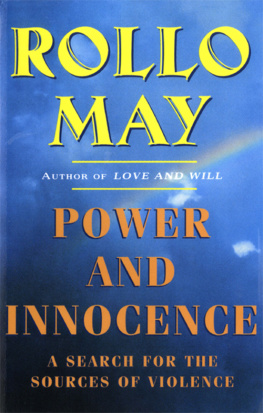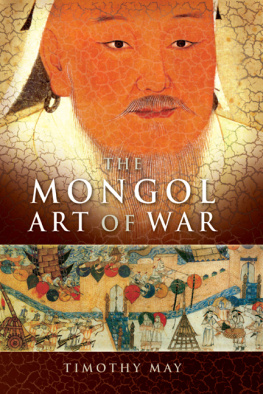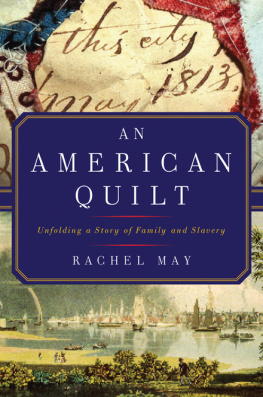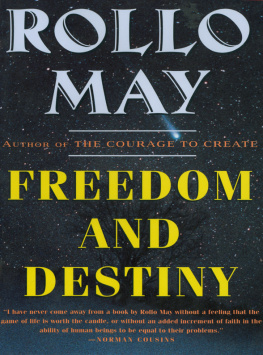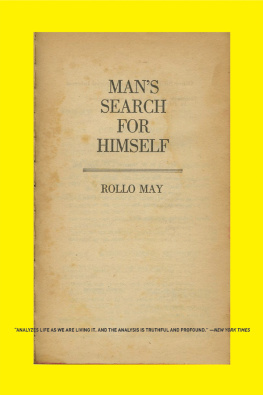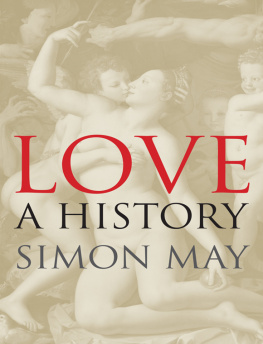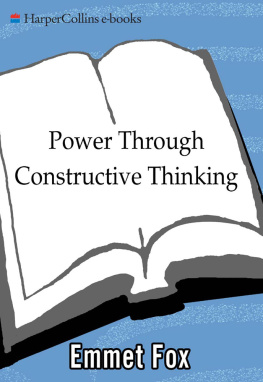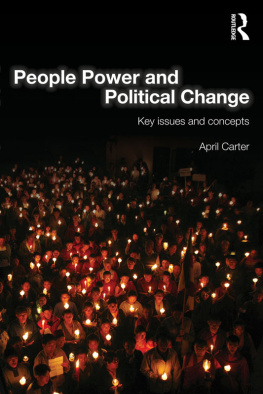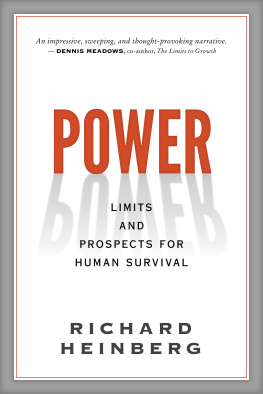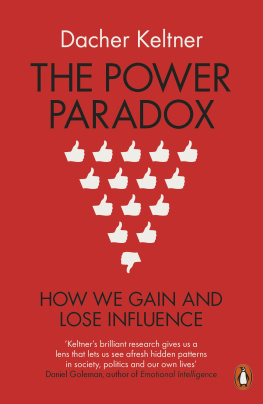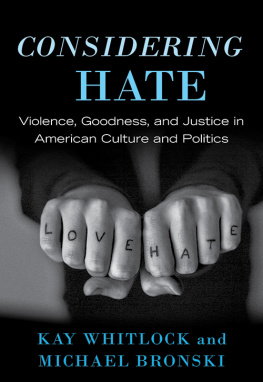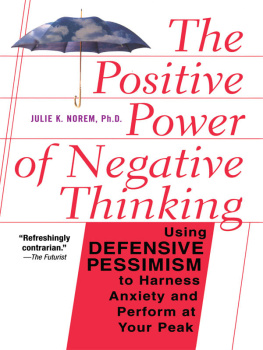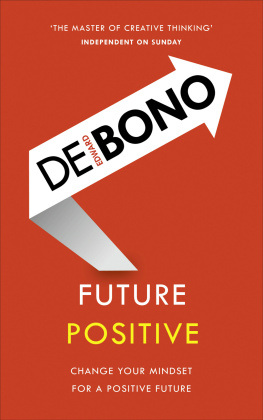
Copyright 1972 by Rollo May
First published as a Norton paperback 1998
The Library of Congress has cataloged the printed edition as follows:
May, Rollo.
Power and innocence.
Includes bibliographical references.
1. Violence. 2. Aggressiveness (Psychology)
HM291.M393 301.6'33 72-5432
3. Social history1945- I. Title.
ISBN: 978-0-393-31703-9
ISBN : 978-0-393-24963-7 (e-book)
ALL RIGHTS RESERVED
W. W. Norton & Company, Inc.
500 Fifth Avenue, New York, NY 10110
www.wwnorton.com
W. W. Norton & Company Ltd.
Castle House, 75/76 Wells Street, London W1T 3QT
To Jngrid
BY ROLLO MAY
IN NORTON PAPERBACK
The Courage to Create
The Discovery of Being
Psychology and the Human Dilemma
The Meaning of Anxiety
Power and Innocence
As a young man, I held innocence in high esteem. I disliked power, both in theory and practice, and abhorred violence. I came down with tuberculosis in my early thirties, a time when there was still no medication for the disease. For a year and a half I did not know whether I would live or die. As best I could, I tried to do what my doctors instructed me to do. This meant, as I then interpreted it, accepting the program of rest and giving my healing over to others. I could only lie in bed, tracing with my eye patterns of light on the ceiling of my room, waiting for the monthly X-ray which would tell whether the cavity in my lung had enlarged or decreased.
But I found, to my moral and intellectual dismay, that the bacilli were taking advantage of my very innocence. This innocence had transformed my helplessness into passivity, which constituted an open invitation to the bacilli to do violence to my body. I saw, too, that the reason I had contracted tuberculosis in the first place was my hopelessness and sense of defeatism. My then present lack of self-affirmation and self-assertion, conveniently rationalized by the innocence, could only lead in one direction. I could see in the apparently innocent patients around me in the sanatorium that passively accepting their powerlessness in the face of the disease meant dying.
Not until I developed some fight, some sense of personal responsibility for the fact that it was I who had the tuberculosis, an assertion of my own will to live, did I make lasting progress. I learned to listen to my body with an inner concentration like meditation, to get guidance as to when to exercise and when to rest. I learned that healing and cure are active processes in which I myself needed to participate.
This truth, though experienced by me in my getting well, was not very useful since I could never formulate it. I was later forced to think about it at length, however, when I found my patients in psychoanalysis describing similar experiences. Practically all of them had come for help because they felt or were powerless. They had no effective bridge to the significant people in their lives; they could only remain passive while others (like the t.b. bacilli in my analogy) did violence to them. This bridge to significant others was never directly confronted by Freud. Sullivan pointed to it, but had never elaborated on the nature of this bridge. It is, in fact, power. But it is power analogous to the healing power by which one overcomes tuberculosis, not analogous to the military power of a general on the battlefield or the economic power of the head of a corporation.
I had, then, to confront my own relationship to power. No longer could I conceal behind my own innocence my envy of those who had power. This, I found, only follows the general procedure in our culture: power is widely coveted and rarely admitted. Generally, those who have power repress their awareness of this fact. And it is the dispossessed in our society, represented by such movements as womens power and black power, who, when they are able, force a direct confrontation with the issue.
When we join in this confrontation, as we obviously must, we find ourselves immediately up against the issue of violence. Can violence also have something to do with innocenceor, as I ask later in this book, does innocence invite its own murder? This leads us to difficult, if fascinating, questions. We can only agree that Jacob Bronowskis words (in The Face of Violence) are true:
Violence is here,
In the world of the sane,
And violence is a symptom.
I hear it in the headlong weeping of men
who have failed.
I see it in the terrible dreams of boys
Whose adolescence repeats all history.
As these weeping men and dreaming adolescents, however, become able to actualize their power, they are able, to some extent, to turn their violence to constructive use and their dreams and visions to the social and their own good. I hope to suggest ways not around the problems of power and violence, but through them.
To understand power and the sources of violence, we must ask more profound questions than are customary. We must probe the problem of what it means to be a human being.
The difficulty and the loneliness of writing this book were lightened by the companionship of several friends who discussed the topics with me or read chapters or both. Anthony Athos, himself involved in the theme, discussed the subject with me far beyond the call of friendship. I am grateful also to Alberta Szalita, Daphne Greene, David Bazelon, Leslie H. Farber, and Stanley Kunitz for valuable ideas. The students in a seminar on this topic which I taught at Yale, through their insights, uncovered other dimensions in the psychology of power. My patients have beenhere, as alwaysmy richest source of learning, and I am indebted to them.
Rollo May
Holderness,
New Hampshire
POWER AND
INNOCENCE
A Search for the Sources of Violence

ROLLO MAY

W. W. Norton & Company
NEW YORK LONDON

Wherever I found the living, there I found the will to power.
Friedrich Nietzsche,
from Thus Spake Zarathustra
Power is essential for all living things. Man in particular, cast on this barren crust of earth aeons ago with the hope and the requirement that he survive, finds he must use his powers and confront opposing forces at every point in his struggle with the earth and with his fellows. Insecure as he has been through the ages, buffeted by limitations and weakness, laid low by illness and ultimately by death, he nevertheless asserts his powers in creativity. One product of this is civilization.
The word power comes from the Latin posse, meaning to be able. We can see the vicissitudes of the emergence of power as soon as a baby is born into the worldin his cry and in the waving of his arms in demand that he be fed. The cooperative, loving side of existence goes hand in hand with coping and power, but neither the one nor the other can be neglected if life is to be gratifying. Our appreciation of the earth and the support of our fellows are not gained by abdication of our powers, but by cooperative use of them.
The infants capacity to cope with necessities becomes, in the growing adult, the struggle for self-esteem and for the sense of significance as a person. This latter is his psychological reason for living in contrast to the infants biological one. The cry for recognition becomes the central psychological cry: I must be able to say J
Next page
